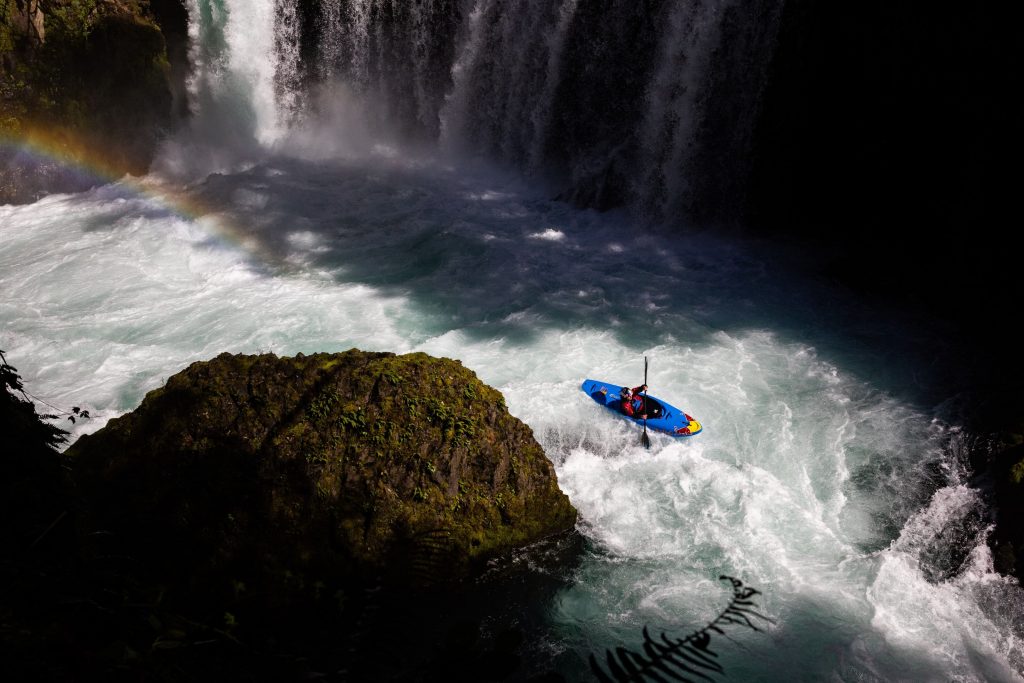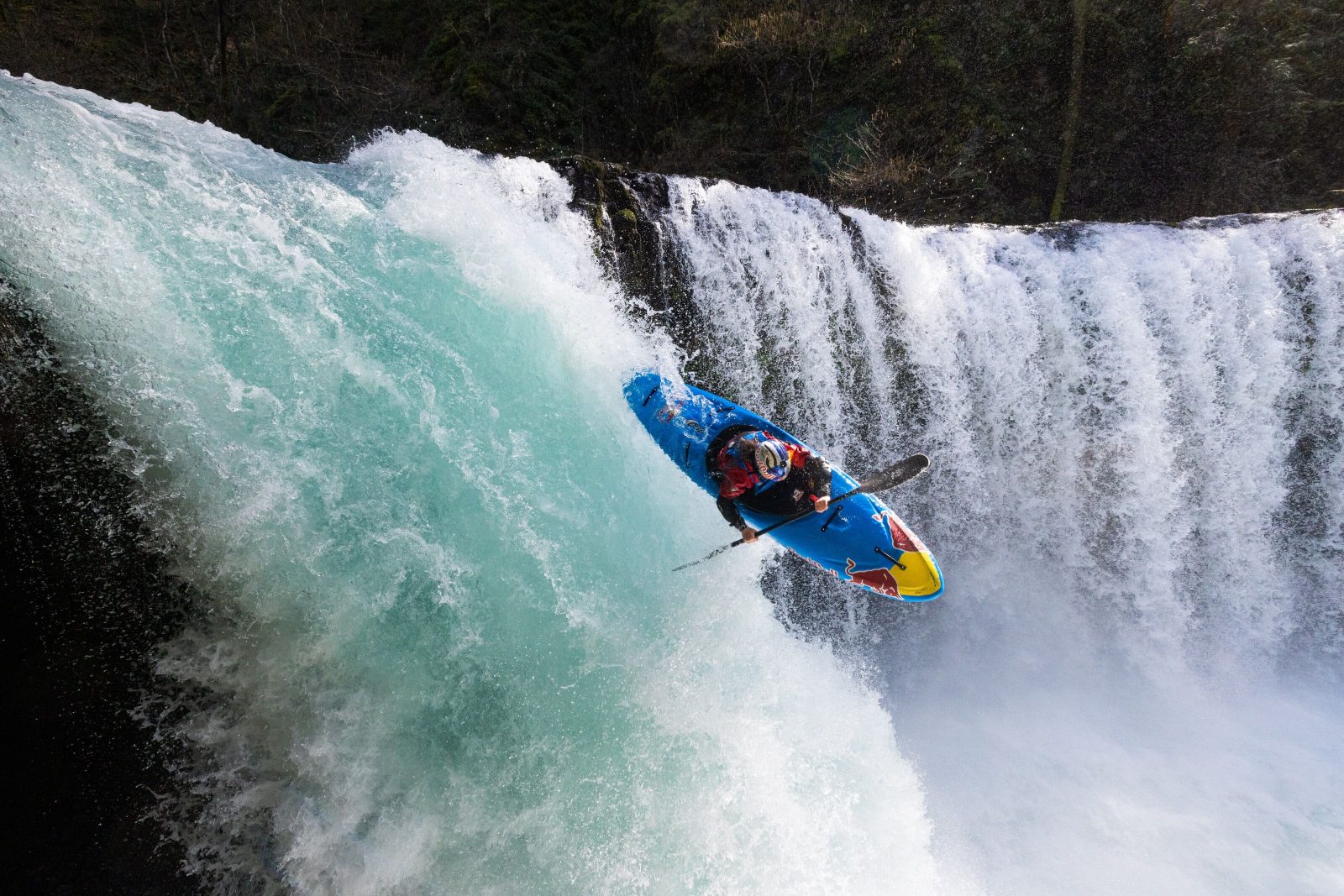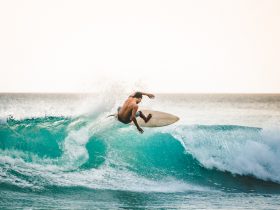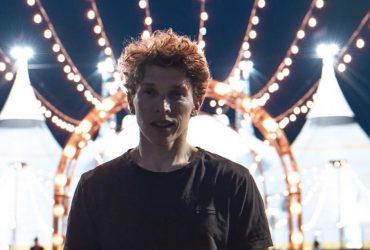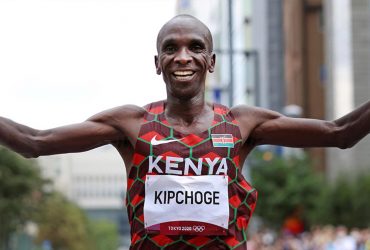In 90 minutes, the film "Wild Waters" retraces the unique journey of Frenchwoman Nouria Newman, from artificial basins to the world's most impressive rivers and waterfalls.
In the film "Wild Waters" (see below in full), director David Arnaud takes us into the life of Frenchwoman Nouria Newman, now considered the best extreme kayaker in the world. Yet in her early years, she was far removed from this specific kayaking discipline, shining more on slalom courses. A few years ago, however, Nouria Newman finally decided to leave the artificial ponds and devote herself to expedition kayaking.
At 30 years old, she now boasts an impressive record of achievements with three extreme kayaking world championship titles. She faces the highest waterfalls in the world and competes with men when it comes to the most challenging rivers on the planet.
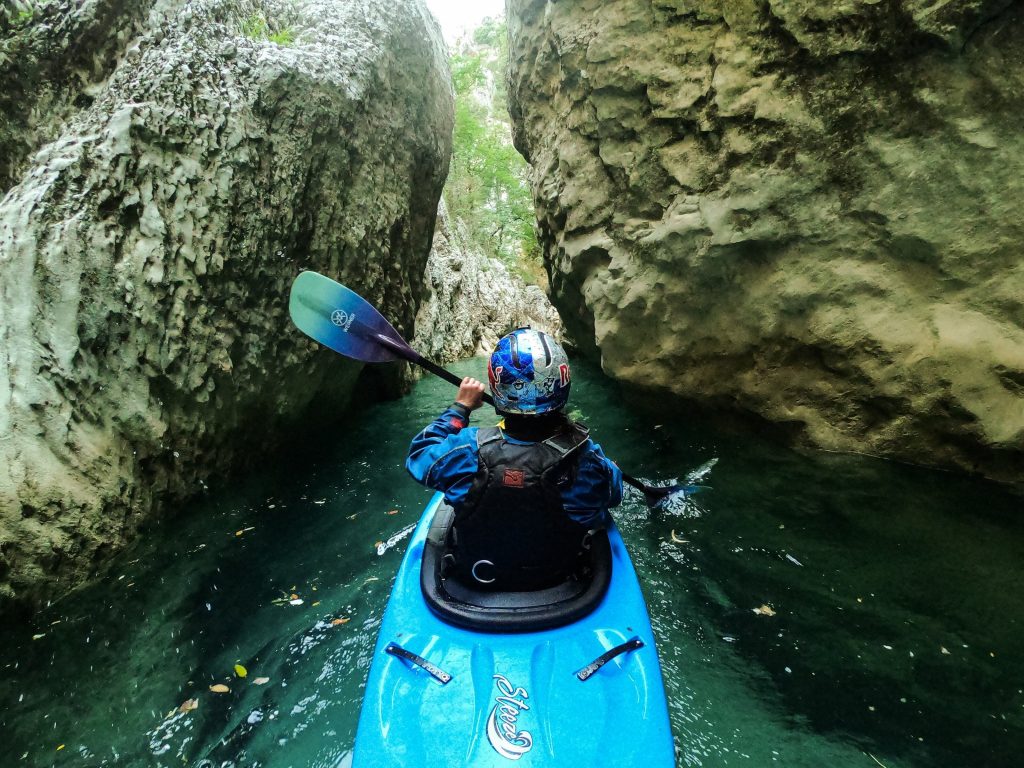
"Wild Waters" also takes us on a journey with the Savoyard woman, a specialist in extreme expeditions to faraway lands. These adventures obviously require a great deal of hard work prior to departure. "First of all, I spend hours looking for a place, a geographical area that appeals to me, where there are incredible things to do," explains Nouria. "Once this basic dream has been defined, I look at a lot of satellite images, analyze the river profile, to get an idea of the flow, the gradient and study the feasibility. If the river can be lowered, then all the problems have to be anticipated. Then we put together a team to suit the terrain. Girls, boys, it doesn't matter as long as there's mutual respect and everyone is having fun with common goals. We also have to organize ground support in case of emergency, and this person can sometimes also take on the role of weather router. These are people who aren't on site, but without whom the adventure would become really dangerous."
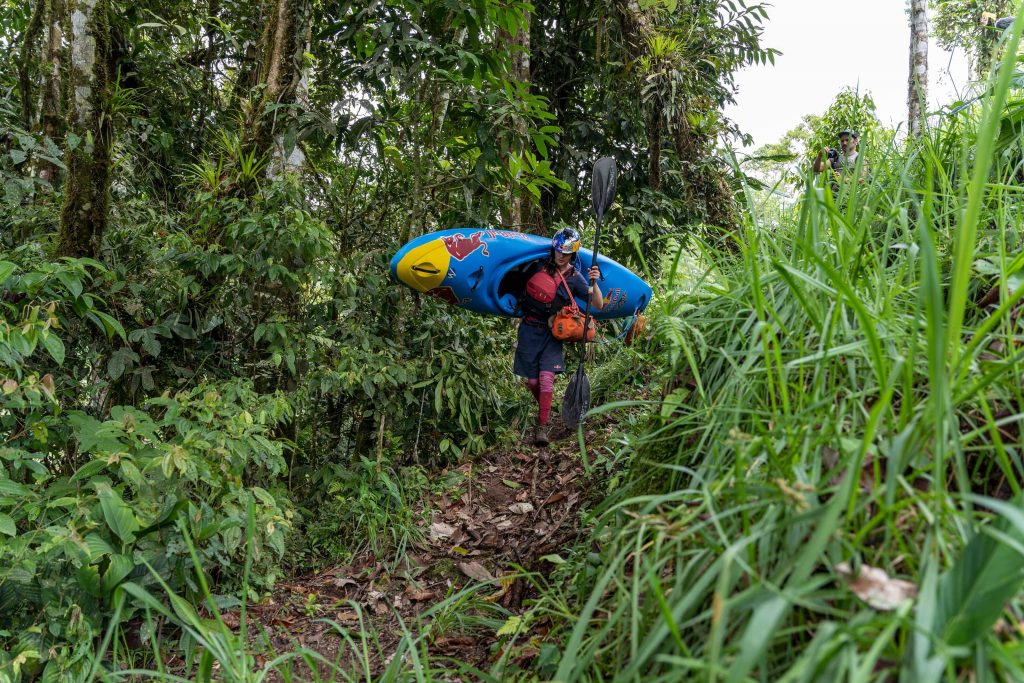
From the Himalayas to Patagonia, via Iceland, "Wild Waters" proves just how far the Frenchwoman has pushed herself to reach the limits of her sport (she holds the world record for the highest waterfall ever achieved by a woman in a kayak, at 31.7 metres). Sometimes, it's not the moments spent in the water that are the most demanding, but rather the approaches to the rivers, which are veritable expeditions in themselves, like the one to Ecuador in autonomous 2021:
"We were supposed to go down a river in 16 days, but we didn't even get halfway down in 22 days! It was the steepest route we'd ever attempted in terms of vertical drop. To give you an idea, at 4 % gradient, it's complicated, and on this project we had long stretches at 7 % and up to 12 %! The difficulty in the jungle is progress: carrying our kayaks for a day to cover 2 kilometers, because first you have to cut a path with a machete. And once you've entered a steep canyon, there's no turning back. And to add to the difficulty, you have to keep carrying the kayaks, as the river current is far too strong to navigate. Not to mention the unfavorable weather conditions: as soon as it rained, the water flow was too great, and we had to wait for the river to recede, sometimes for up to three days."
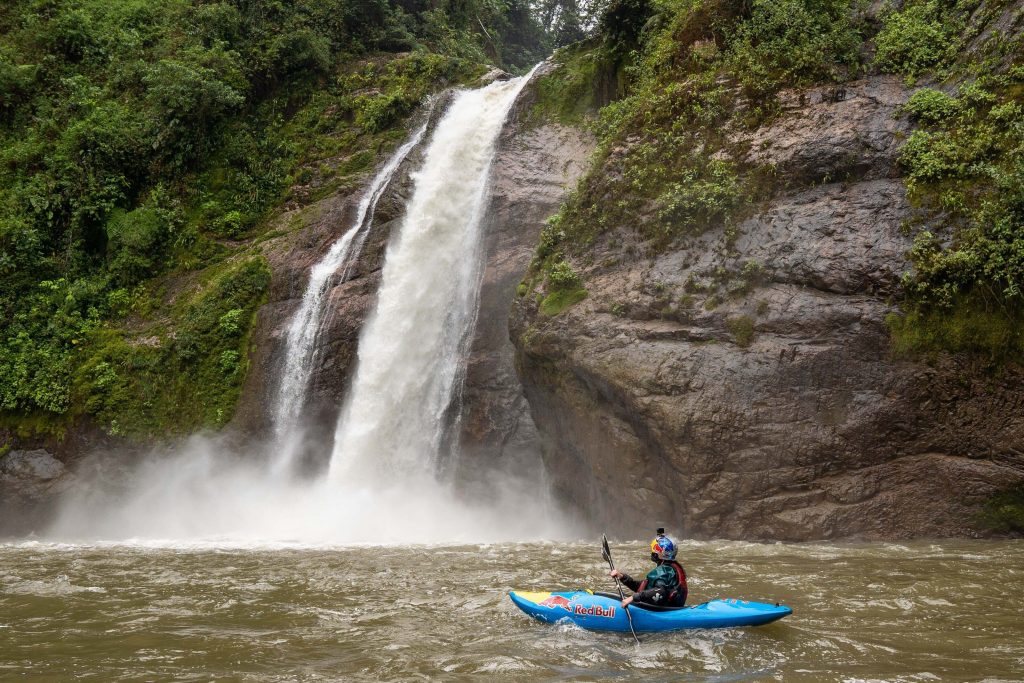
A benchmark in her discipline, Nouria Newman still has many rivers and waterfalls to tackle. But she never rejects the notion of fear, which she believes helps her practice: "For me, fear is a tool, a super-alarm. It forces me to be extremely vigilant and focused. My worst kayaking accidents have happened when I wasn't afraid, in my comfort zone, like in Zanskar. You have to use fear. I like being scared, otherwise I wouldn't put myself through such high levels of stress and commitment."
